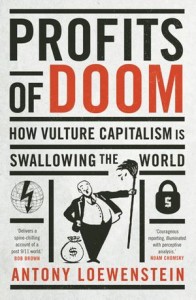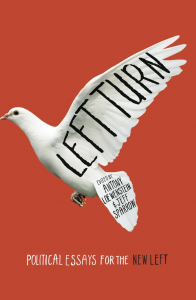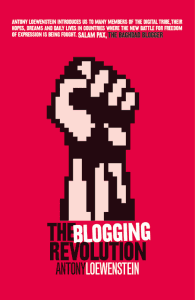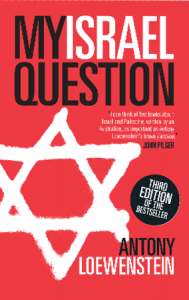 After Zionism
After Zionism, published in 2012 and 2013 with co-editor
Ahmed Moor, brings together some of the world s leading thinkers on the Middle East question to dissect the century-long conflict between Zionism and the Palestinians, and to explore possible forms of a one-state solution.
Time has run out for the two-state solution because of the unending and permanent Jewish colonization of Palestinian land. Although deep mistrust exists on both sides of the conflict, growing numbers of Palestinians and Israelis, Jews and Arabs are working together to forge a different, unified future. Progressive and realist ideas are at last gaining a foothold in the discourse, while those influenced by the colonial era have been discredited or abandoned. Whatever the political solution may be, Palestinian and Israeli lives are intertwined, enmeshed, irrevocably.
This daring and timely collection includes essays by Omar Barghouti, Jonathan Cook, Joseph Dana, Jeremiah Haber, Jeff Halper, Ghada Karmi, Antony Loewenstein, Saree Makdisi, John Mearsheimer, Ahmed Moor, Ilan Pappe, Sara Roy and Phil Weiss.

 Vulture capitalism has seen the corporation become more powerful than the state, and yet its work is often done by stealth, supported by political and media elites. The result is privatised wars and outsourced detention centres, mining companies pillaging precious land in developing countries and struggling nations invaded by NGOs and the corporate dollar.
Best-selling journalist Antony Loewenstein travels to Afghanistan, Pakistan, Haiti, Papua New Guinea and across Australia to witness the reality of this largely hidden world of privatised detention centres, outsourced aid, destructive resource wars and militarized private security. Who is involved and why? Can it be stopped? What are the alternatives in a globalised world?
Vulture capitalism has seen the corporation become more powerful than the state, and yet its work is often done by stealth, supported by political and media elites. The result is privatised wars and outsourced detention centres, mining companies pillaging precious land in developing countries and struggling nations invaded by NGOs and the corporate dollar.
Best-selling journalist Antony Loewenstein travels to Afghanistan, Pakistan, Haiti, Papua New Guinea and across Australia to witness the reality of this largely hidden world of privatised detention centres, outsourced aid, destructive resource wars and militarized private security. Who is involved and why? Can it be stopped? What are the alternatives in a globalised world? 

 The 2008 financial crisis opened the door for a bold, progressive social movement. But despite widespread revulsion at economic inequity and political opportunism, after the crash very little has changed.
Has the Left failed? What agenda should progressives pursue? And what alternatives do they dare to imagine?
The 2008 financial crisis opened the door for a bold, progressive social movement. But despite widespread revulsion at economic inequity and political opportunism, after the crash very little has changed.
Has the Left failed? What agenda should progressives pursue? And what alternatives do they dare to imagine?
 The Blogging Revolution, released by
The Blogging Revolution, released by  The best-selling book on the Israel/Palestine conflict,
The best-selling book on the Israel/Palestine conflict,